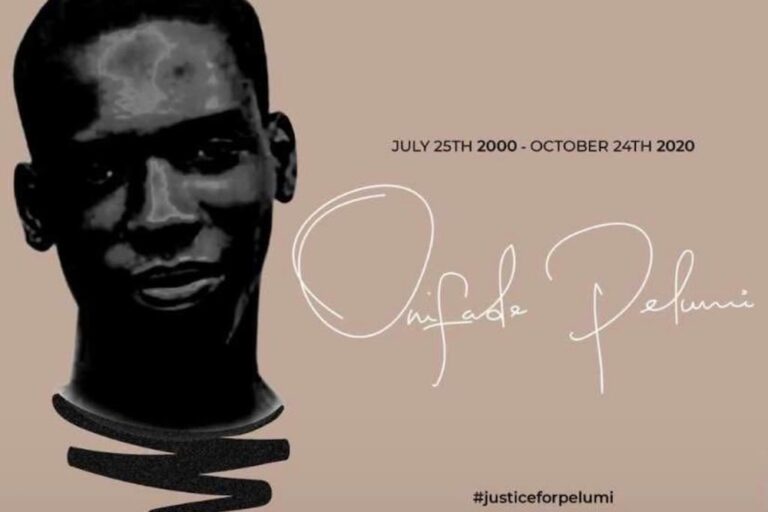(RSF/IFEX) – Reporters Without Borders has condemned the arbitrary arrests of “Daily Independent” reporter Rotimi Durojaiye and AIT television presenter Mike Gbenga Aruleba on 25 and 26 June 2006, respectively, on sedition charges under a law that was made obsolete by a 1983 appeal court ruling. “It is outrageous enough that the president’s office systematically […]
(RSF/IFEX) – Reporters Without Borders has condemned the arbitrary arrests of “Daily Independent” reporter Rotimi Durojaiye and AIT television presenter Mike Gbenga Aruleba on 25 and 26 June 2006, respectively, on sedition charges under a law that was made obsolete by a 1983 appeal court ruling.
“It is outrageous enough that the president’s office systematically uses the Nigerian intelligence services as a political police, but digging up an archaic law for use against journalists who just raised issues of public concern is the sneakiest kind of political dirty trick,” the press freedom organisation said.
An article by Durojaiye headlined “Controversy Over Age, Cost of Presidential Jet” in the “Daily Independent” on 12 June raised questions about the manner in which a new plane had been acquired for President Olusegun Obasanjo.
The story set off a storm in the Nigerian press and Aruleba referred to it the next day in his “Focus Nigeria” programme on AIT. State Security Services (SSS) agents arrested him on 14 June because of his use in the programme of the pejorative word “tokunbo,” suggesting the supposedly new plane was in fact a second-hand one. He was released the following day on condition that he reported his movements to the authorities.
The SSS arrested Durojaiye on 25 June and interrogated his editor, while Aruleba was re-arrested the following day after leaving Abuja for Lagos for work-related reasons. The two journalists were finally taken before a judge in Abuja on 27 June and formally charged. A new hearing is scheduled for 29 June.
Nigerian legal experts say Durojaiye and Aruleba have been charged with sedition under a law that was rendered obsolete by an Enugu appeal court ruling in 1983. The privately-owned daily “The Punch” quoted lawyer Gani Fawehinmi as protesting angrily: “Sedition cannot be used against any Nigerian. It is a dead law.” West African Bar Association president Femi Falana asked in the same article: “What will the government gain from intimidating the press in a manner that is unconstitutional?”
Nigeria’s privately-owned press thinks it incurred President Obasanjo’s wrath by supporting the opposition to a proposed constitutional amendment that would have let him run for a third term. The senate finally rejected the amendment in May, after weeks of stormy debate in the press and the national assembly. Reuters quoted AIT Chairman Raymond Dokpesi as saying Aruleba was being targeted by the authorities because of the popularity of his programme, which played an important role in turning public opinion against the idea of a third term.


